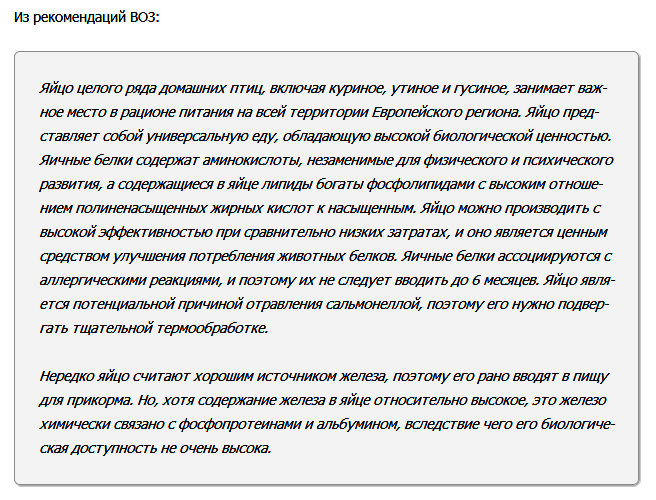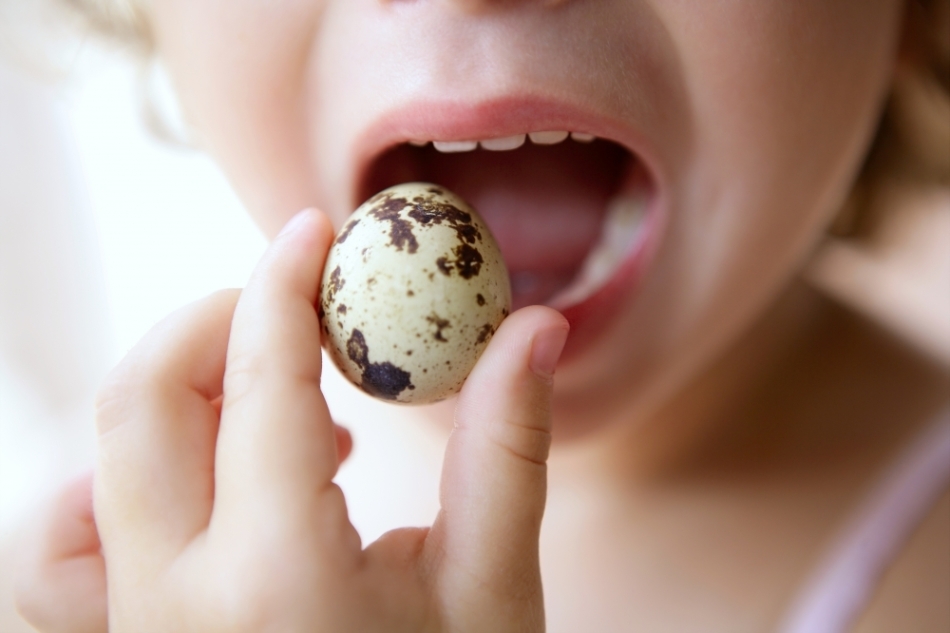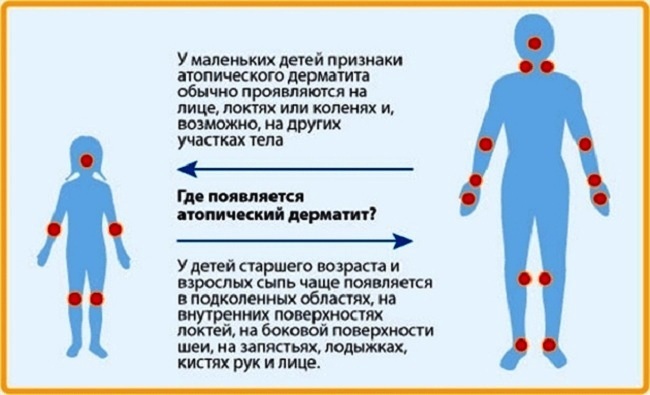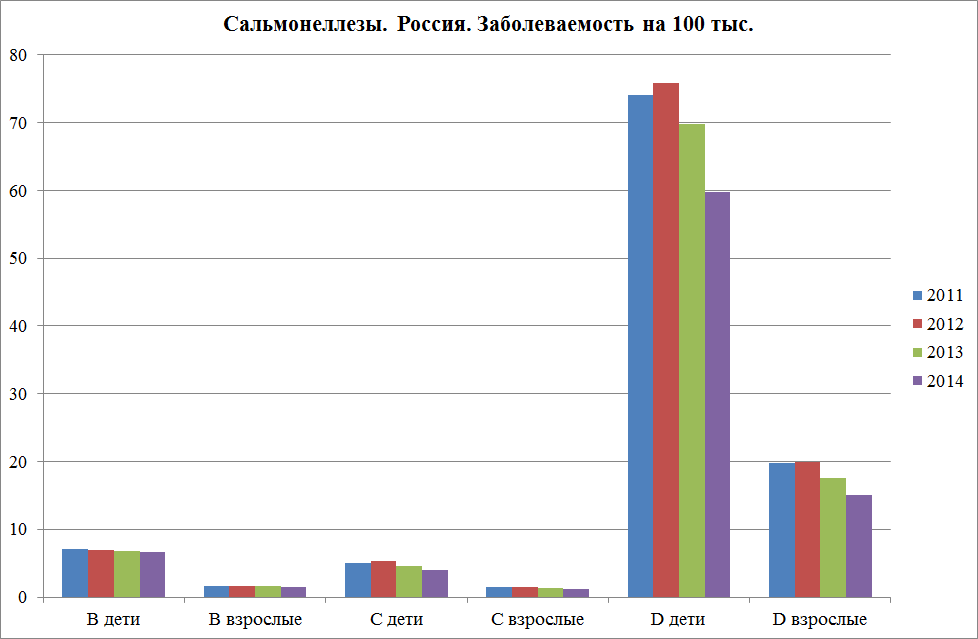The article contains answers to the most frequently asked questions about eggs in the children's menu.
Contents
- How many months can an egg be given to a child?
- How to introduce an egg into a child's feeding, how to give it for the first time?
- When can a baby give yolk eggs?
- When can I give an egg protein to a child?
- When can I give the baby an egg as a whole?
- How many chicken eggs can you eat a day a child, a week to a year, a year-old, in 2 years? Quail eggs for children: from what age? How many quail eggs can a child take up to a year, a year-old, in 2 years? Can children eat raw quail eggs?
- Quail eggs for atopic dermatitis in children
- Can a child have allergy quail eggs?
- Can children have eggs every day?
- Can children have soft-boiled eggs and raw eggs?
- How does the egg allergy manifest in children?
- Egg shell from allergies for children
- How to cook egg shell powder?
- When can an egg guinea-pig child
- When can duck eggs for children?
- Video: Complementary: how to give a yolk to a baby?
Recommendations and advice are general in nature without taking into account the individual characteristics of each individual organism.
How many months can an egg be given to a child?
A half-year-old child does not have enough nutrients that are contained in breast milk. Basically, there are not enough proteins and mineral salts - iron, calcium, phosphorus, etc. In addition, the child's gastrointestinal tract is ready to eat, coarser than milk or a mixture. This means that it is time to introduce complementary foods.
General recommendations of pediatricians of the "old school" regarding egg feeding:
- It is recommended to introduce an egg into the diet at the age of 6½ months, provided that there are no allergic relatives among the baby's relatives.
- Otherwise, acquaintance with this food should be postponed until the child reaches the age of 9 months.
The modern view on the lure is somewhat different from the above recommendations: many Russian pediatricians, including Yakovlev Ya. Ya. Yakovlev, candidate of medical sciences, believe that it is better to begin acquaintance of a child with eggs from 12 months. This is associated with a high risk of allergic reactions to this food.
 WHO about the benefits of a hen's egg in the diet of a child
WHO about the benefits of a hen's egg in the diet of a child How to introduce an egg into a child's feeding, how to give it for the first time?
The introduction of the baby to the egg begins with very small dosages( literally the size of a match head).Steeply boiled egg yolk, as a less allergenic part of the egg, is the best option for a baby diet. The yolk is carefully ground and mixed with a small amount of breast milk or a milk formula.
Important: : insufficiently warmed yolk( soft-boiled egg or fried eggs) can become a source of infection with salmonella!
The recommended daily product rate for children( including age) is as follows.
 Recommendations of pediatricians regarding egg yolk( chicken) in the children's menu
Recommendations of pediatricians regarding egg yolk( chicken) in the children's menu Important : frequency of egg yolk - 2-3 times a week.
When can a baby give yolk eggs?
An unequivocal answer will not be given by any pediatrician. Everything depends on the health of the child and the quality of the eggs. The main recommendations for the introduction of egg complementary foods were considered at the beginning of the article.
Important. The complementary foods, including the egg, are introduced taking into account several rules.
- The introduction to the new product in the menu takes place after a morning walk in the fresh air during a day meal.
- Be sure to check the reaction of the baby to the yolk. Be careful: the reaction of the body to the allergen can not follow immediately, but within 1-2 days after eating!
- The second method of yolk takes place two days after the first acquaintance with the product( provided there are no allergic reactions).If negative reactions are still present, remove the egg from the baby's diet for 4-5 weeks.
When can I give egg protein to a child?
Egg white is a fairly strong allergen. It is introduced into the diet of a child after a year and only after a successful acquaintance with the egg yolk.
When can I give the baby an egg as a whole?
 When can I give the baby an egg as a whole?
When can I give the baby an egg as a whole? Egg in its entirety can be consumed by a child aged "1+".
From year onwards it is also possible to gradually introduce into the child's menu products that include:
- egg powder
- egg yolk
- egg white
- egg albumin
Important : a small amount of egg protein is also present in the finished vaccines. This can provoke very severe reactions in children prone to allergies.
How many chicken eggs can you eat a day a child, a week to a year, a year-old, in 2 years?
The portion size and frequency of consumption are as follows:
- ½ boiled hard-boiled egg( chicken) - 2-3 times a week at the age of 1-3 years
- 1 whole boiled hard-boiled egg( chicken) - 2-3 times a week from 3 years
- omelette from 1 chicken egg - 2-3 times a week at the age of 2.5-3 years
Quail eggs for children: from what age? How many quail eggs can a child take up to a year, a year-old, in 2 years?
 Quail eggs for children
Quail eggs for children Important : the rules for introducing eggs into the baby's diet are the same for all kinds of eggs!
Based on the above:
- yolk quail eggs are introduced into the baby's menu from 6½ months( assuming no risk of allergic reactions).At the age of 7-12 months the child can eat 1 yolk quail egg 2 times a week
- the protein of any egg, including quail, is perceived by the human body as a foreign matter and is an allergenic product. It is necessary to inject quail egg white very carefully in the baby's ration
- at the age of 1-3 years the child can eat 1 quail egg a day 2 times a week. Egg should be hard-boiled or served as an omelet
- at the age of 4-7 it is recommended to consume 2-3 quail eggs a day 2-3 times a week
Take into account : hypoallergenic quail eggs - food myth!
The percentage of those suffering from allergies to quail eggs is quite low. But this is due to the fact that quail eggs are not as accessible as chicken eggs. Can children have raw quail eggs?
Children are not recommended to eat raw eggs, including quail eggs!
Unfortunately, quails are susceptible to pullorosis, a disease caused by the bacteria of the Salmonella group. In adult birds, the disease occurs in a latent form.
Heat treatment of quail meat and eggs allows to minimize the risk of infection with salmonella.
Quail eggs for atopic dermatitis in children
 Where does atopic dermatitis occur in children?
Where does atopic dermatitis occur in children? Quail eggs are products that can cause a cross-allergic reaction. What does this mean? If atopic dermatitis was caused by a chicken egg, then the quail eggs should be excluded from the baby's diet, since they contain similar allergens.
Can a child have an allergic quail eggs?
Everything depends on the child's general health. In any case, all the innovations in the menu of the allergic child should be discussed with the attending physician.
Practitioners of pediatricians note that small allergy sufferers quite well can carry quail eggs. But to introduce them into the baby's diet should be extremely careful and under the supervision of a specialist, as quail products can cause a cross reaction.
Can children have eggs every day?
Can not be:
- eggs - a strong allergen
- eggs - a product with a high cholesterol content
- excess protein in the body disrupts the digestive tract
The children's menu should be healthy and balanced. In addition to eggs, it should contain vegetables and fruits, cereals, meat, dairy and sour-milk products.
Can children have soft-boiled eggs and raw eggs?
You can, if some conditions are met:
- your child has reached the age of "7+"
- you are sure of the freshness and quality of the egg
- you are sure that the bird that has smashed the egg is absolutely healthy
In other cases, the egg, raw or not enoughheat treatment, can cause salmonellosis.
 Group D infection occurs through poultry products( data from the Ministry of Health of Russia)
Group D infection occurs through poultry products( data from the Ministry of Health of Russia) In addition, raw egg white is poorly absorbed by the body. The egg egg, which has been heat-treated, has the highest digestibility among protein products of animal origin.
How does the egg allergy manifest in children?
Clinical symptoms of food allergy, incl.taking into account the age of the child, are presented in the table.
Egg shell from allergies to children
Important : the shell as a medicine for allergies is used only in folk medicine.
At the same time, leading practicing pediatricians of the post-Soviet space, for example Komarovsky EO, agree that one of the reasons for food allergy in young children is calcium deficiency in the body. From this point of view, the use of the egg shell, as a natural source of calcium, is fully justified.
How to cook egg shell powder?
Important : eggs should be homemade!
- Raw chicken eggs( preferably white) thoroughly wash with soda solution and rinse with cold water. Soda solution can be replaced with a soap solution from a normal household or child soap.
- Empty the eggshell from the contents and remove the inner film.
- Allow the shell to dry well( 30-40 minutes).You can leave it for a few hours.
- Thoroughly grind the shell into powder. Healers do not recommend using a coffee grinder or a blender. The ideal device for grinding is the porcelain mortar and pestle.
- Powder( 0.5 tbsp.) Pour over ½ lemon juice and mix thoroughly to accelerate the chemical reaction.
- During the interaction of calcium and citric acid, a foam will form which should be knocked down by gently stirring the solution.
- The solution should stand for 8-10 hours in a dark place at room temperature.
- After this time, the mixture can be used either as a food supplement or as an independent drug( the time of reception is independent of the time of eating).
Important : The solution is stored in the refrigerator for 1-2 days.
Number of receptions: 1 time per day.
Dosage:
- up to 6 months - 1 g of the mixture
- 6-12 months - 2 g of the mixture
- 1-2 years - 3-4 g
- 7 years - 0.5 tsp.mixtures
- 14 years - 1 tbsp.mixture( can be eaten in small portions throughout the day)
Duration of treatment: from 1 month.
Important : as an alternative you can use regular calcium gluconate in tablets. Dosage: 1 tablet / day. The tablet should be pounded and added to any food / drink containing milk. Course: 1-2 weeks.
When can a guinea hen's egg
Guinea fowl eggs are introduced into the children's menu at the same age as chicken or quail eggs.
When can duck eggs be for children?
Duck eggs are introduced into the baby's diet after 6 years. This is due to the fact that duck eggs belong to the so-called "heavy" food, which is characterized by:
- high-calorie
- slow digestion in the digestive tract
